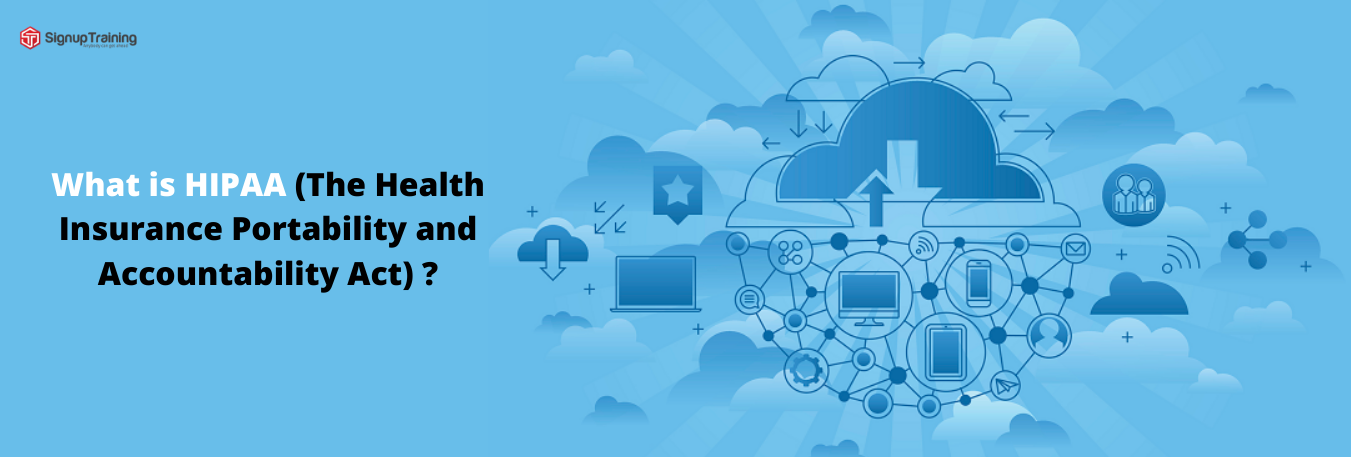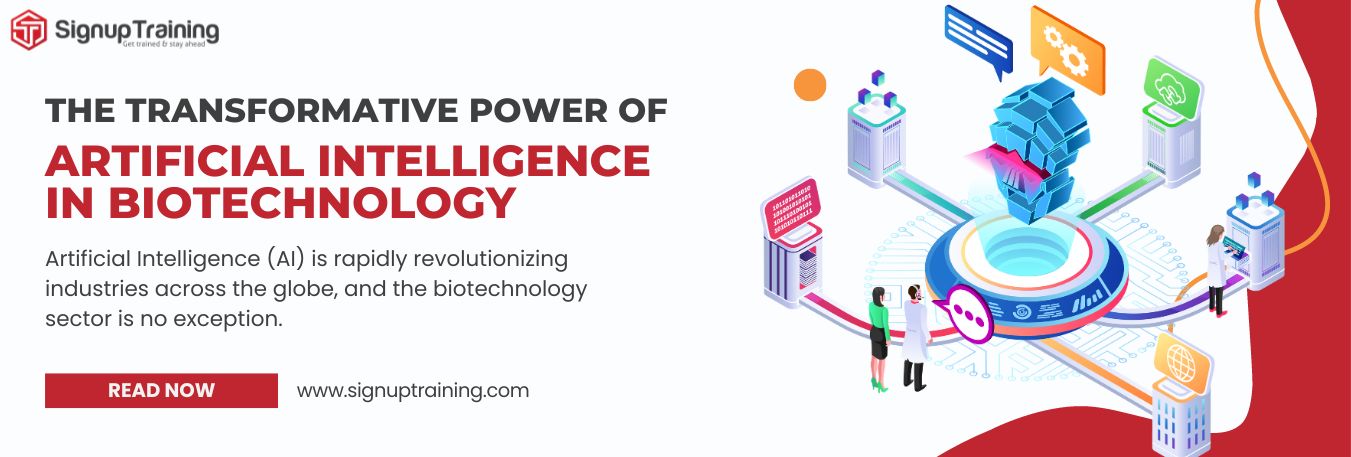5 Key functions of HR Management

Human Resource is the backbone of any company, they are responsible for some of the most important day-to-day functions. Every business is in search of a professional who understands the roles and responsibilities that are involved with Human Resource Management. The individual needs to be proficient and competent, to take over any challenge that he/she might face.
The HR department acts as a bridge between the employees and the employer, helping them build a positive relationship that can benefit the business. You can attend several Human Resource Training that can help you become an HR professional who understands both the needs of an employer and employee at the same time.
That’s not all, human resources carry out the most important responsibilities that are required to run a business efficiently and effectively. This blog highlights 5 key functions of HR Management. Shall we begin then?
- Conformity with Legal Labor Laws- One of the most important jobs of the Human Resource Management team is to ensure that the employees and employers abide by the regulations addressed in the legal laws. These laws talk about subjects like labor, benefits, fair compensation, and the complexities of hiring or firing. HR department conducts regular audits to evaluate and resolve any violations of the policies or rules.
- Recruitment- Another main task overseen by the HR department is the recruitment of staff. From creating job postings to selecting and scheduling an interview in an attempt to pick the best candidate. The department foresees the entire process of recruitment including doing background and reference checks.
- Training and Development- The growth of a business is always related to the efforts put in by the employee working. Skill enhancement is a way to empower employees and encourage them to do better every day. Preparing them for the future is again a crucial function that can help benefit the business, along with motivating the employees to learn and grow.
- Performance Management- Regular evaluation of individual performance and identifying areas of improvement is a must. The HR department should conduct performance reviews to understand the mindset of the employees and reward them for the same. In case an employee is underperforming or violating company policies, it becomes the duty of the HR team to take disciplinary action or to introduce a performance improvement plan for the said employee.
- Compensation Management- To attract more professionals, companies are required to create compensation and benefit plans. All this keeping in mind the expenditure of the organization is where the HR department steps in. They determine fair compensation rates and a comprehensive list of benefits in exchange for the employee’s hard work.
In conclusion, human resource management teams can easily make or break a company. The organization needs to hire members who are trained to understand and maintain the relationship between the company and its professionals.
Trending now

Why do medical devices need FDA approval?
Blog
Top 10 HR Compliance Challenges in USA
Blog
Medical Device Regulations in the USA
Blog
Understanding IEC 62304 & Compliance Tips for Medical Device Software Developers
Blog
What is HIPAA (The Health Insurance Portability and Accountability Act) ?
BlogFDA Steps to Ensure Quality of Foreign Products
Blog
6 Skills that Make for a Great Human Resources Manager
Blog
Why do we have OSHA Regulations?
Blog21 CFR part 11 compliance - key factors that every FDA regulated business should know
BlogWhy is 21 CFR Part 11 Compliance Important?
BlogWhat are the Key Factors (Essentials) for 21 CFR Part 11 Compliance?
BlogFDA Regulated Firms Must Ensure Part 11 Compliance to Generate Accurate and Usable Data
Blog
Know how to Survive an OSHA Audit
Blog
Top 5 Job Opportunities in Biotechnology
Blog
5 Key functions of HR Management
Blog
Cybersecurity Threats Upcoming in 2023
Blog
Why Should You Learn About OSHA's Guidance on Substance Abuse Testing?
Blog
Importance of SOPs in the Pharmaceutical Industry
Blog
Non-Compliance on 1099 Filing: Consequences and Best Practices
Blog
Artificial Intelligence (AI) in Healthcare: A Boon or Bane?
Blog.jpg)
How to Ensure Compliance with the I-9 Form: A Guide for Human Resources
Blog
Effective OSHA Audit Observations and Best Practices
Blog
How to Land Your Dream Job in Accounting: Top Tips and Career Options
Blog
Cultivating Connections: How to Foster a Thriving Culture with Your Remote Workforce
Blog
The Transformative Power of Artificial Intelligence in Biotechnology
Blog.png)
6 Steps to Building an Effective Hazard Communication Program (EHS)
Blog